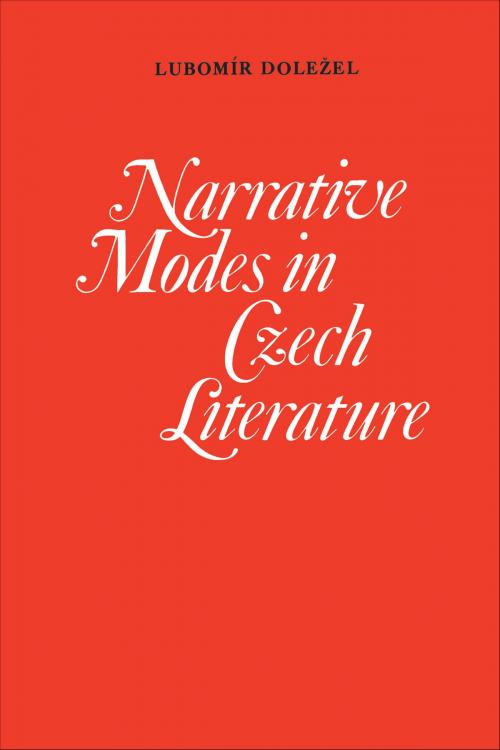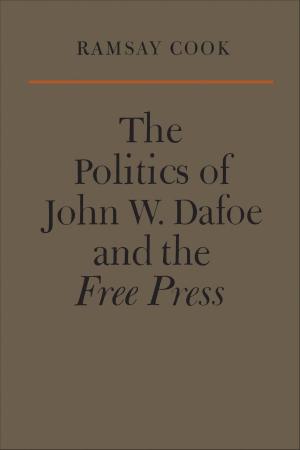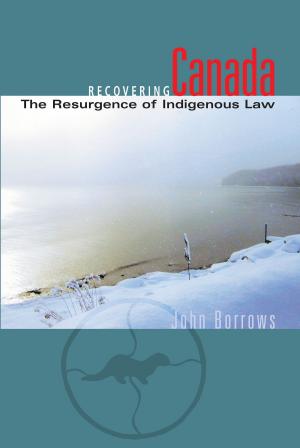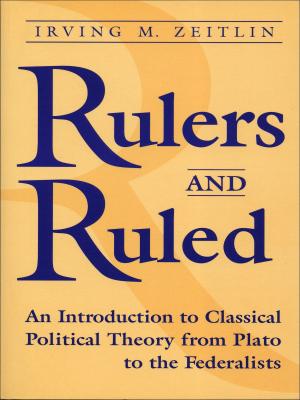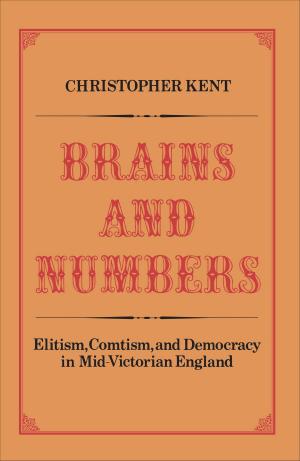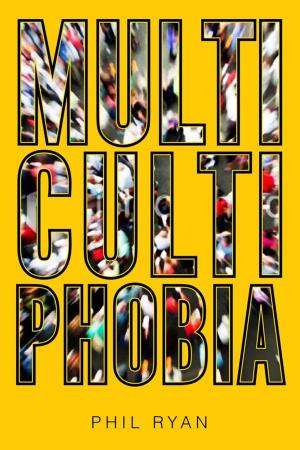Narrative Modes in Czech Literature
Fiction & Literature, Literary Theory & Criticism, European, Eastern European, Poetry History & Criticism, Theory| Author: | Lubomir Dolezel | ISBN: | 9781442638327 |
| Publisher: | University of Toronto Press, Scholarly Publishing Division | Publication: | December 15, 1973 |
| Imprint: | Language: | English |
| Author: | Lubomir Dolezel |
| ISBN: | 9781442638327 |
| Publisher: | University of Toronto Press, Scholarly Publishing Division |
| Publication: | December 15, 1973 |
| Imprint: | |
| Language: | English |
In this study of the study of the linguistic approach to narrative structures, the author examines the question of point of view in fiction, drawing examples from Czech literature. He applies the methods of structural linguistics and literary studies as developed by the Prague Linguistic School, and the modern methodology of semiotics and text theory. This approach, widely used in Czechoslovakia and elsewhere in Europe, is not as well known as it should be in the English-speaking world.
The essays may be read without any knowledge of the Czech language or Czech literary history. All Czech examples and materials are translated into English, preserving traits of the original texts which are relevant for structural analysis; the original Czech of all examples appears in an appendix. While the examples serve as documentation for theoretical statements, they also serve to familiarize the English-speaking reader with some of the major works of Czech fiction, especially those of Komenský (Comenius), Rais Ĉapek, Vanĉura, Pujmanová, Olbrachtm and Kundera. These works demonstrate the continuous bond between Czech fiction and European literary traditions, and offer original and profound insights into the cultural, social, and political experience of the Czech nation.
Of particular interest to specialists in Slavic studies, general linguistics, poetics and text theory, and to students of general and comparative literature, Narrative Modes in Czech Literature deals with a significant problem of poetics and makes an original, constructive contribution to the theory of literature in the English language.
In this study of the study of the linguistic approach to narrative structures, the author examines the question of point of view in fiction, drawing examples from Czech literature. He applies the methods of structural linguistics and literary studies as developed by the Prague Linguistic School, and the modern methodology of semiotics and text theory. This approach, widely used in Czechoslovakia and elsewhere in Europe, is not as well known as it should be in the English-speaking world.
The essays may be read without any knowledge of the Czech language or Czech literary history. All Czech examples and materials are translated into English, preserving traits of the original texts which are relevant for structural analysis; the original Czech of all examples appears in an appendix. While the examples serve as documentation for theoretical statements, they also serve to familiarize the English-speaking reader with some of the major works of Czech fiction, especially those of Komenský (Comenius), Rais Ĉapek, Vanĉura, Pujmanová, Olbrachtm and Kundera. These works demonstrate the continuous bond between Czech fiction and European literary traditions, and offer original and profound insights into the cultural, social, and political experience of the Czech nation.
Of particular interest to specialists in Slavic studies, general linguistics, poetics and text theory, and to students of general and comparative literature, Narrative Modes in Czech Literature deals with a significant problem of poetics and makes an original, constructive contribution to the theory of literature in the English language.
